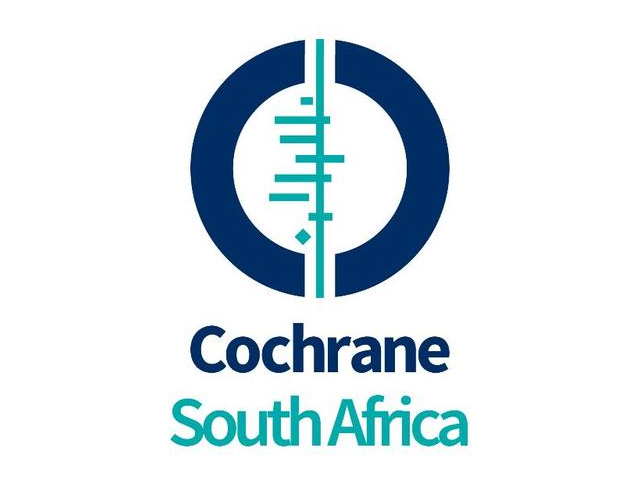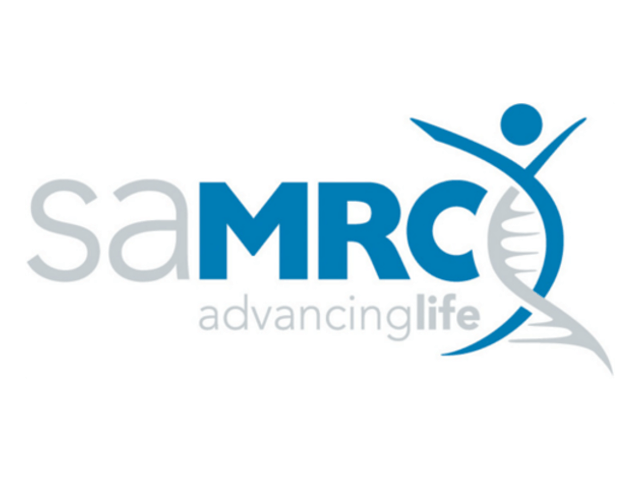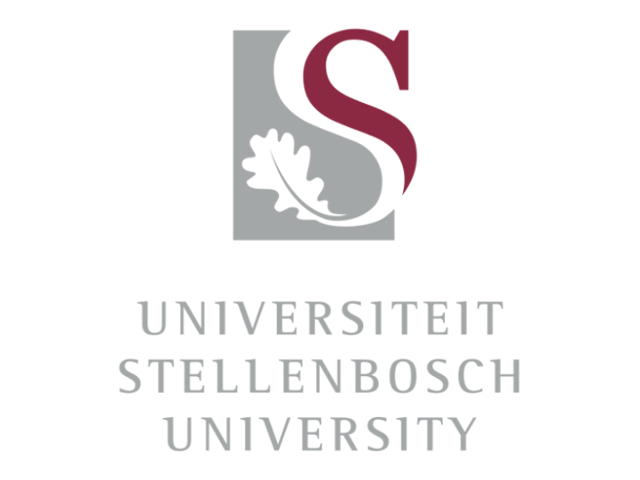Purpose of the Guideline Toolkit
The Guideline Toolkit provides a free comprehensive guideline resource which draws on the available and current up-to-date leading benchmark literature pertaining to clinical guidelines. The toolkit describes how to search for guidelines, how to develop guideline questions, and how to adopt, adapt or conceptualize existing clinical guidelines.
The toolkit has a focus on providing training for low-middle income settings where it is often impossible or not feasible to develop De Novo clinical guidelines. De Novo guidelines are advised where there are no current guidelines available to answer the required research questions. However, in instances where there are up to date, high quality guidelines available, researchers should consider adapting, adopting or conceptualizing and existing guidelines. The considerations and procedures on deciding when to do what are described in a sequential step-wise process to ease reasoning and information flow.
Target audience for the Guideline Toolkit
This resource is targeted at clinicians who are interested in guideline development or serve on guideline development panels or methodologists who provide input and leadership in the development of clinical guidelines. The resource can also be used as adjunct to teaching clinical guidelines.
Project SAGE
Project SAGE is an innovative partnership which aims to enhance the quality of primary health care by engaging in a stakeholder-driven process to improve the standards of local clinical guideline development, adaptation, contextualisation and ultimately implementation.
Project SAGE: has been made possible as a result of a three year (2014-2016) Flagship Grant from the South African Medical Research Council (SAMRC).
Want to find out more?
Email This email address is being protected from spambots. You need JavaScript enabled to view it.



